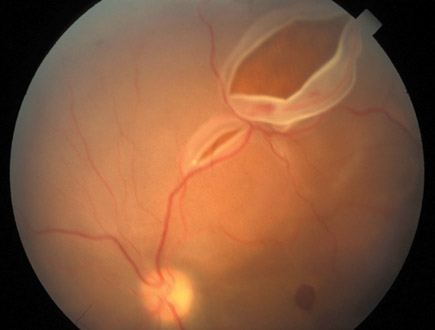Motivational interviewing tips for the whole practice
Try motivational interviewing as a method of communication in which the physician coaches##mdash;or rather coaxes##mdash;the patient toward lifestyle changes via his or her motivations.
Every physician asks every patient about smoking status, right? If you do, you have satisfied the meaningful use core menu measure for “record smoking status” and have provided a basic standard of care. But how many of those patients who smoke actually quit?
Trying to get your patients to stop smoking—or lose weight or cut back on alcohol, for that matter—is no easy task. How many times have you or your staff counseled patients on why and how they should make lifestyle changes? They may offer many excuses why they can't: They don't want to, or they want to but can't, or they have tried before unsuccessfully, and so on.

There are, of course, many good reasons for a patient to try to improve his or her lifestyle. In addition to the health benefits to the patient, there will be many downstream cost savings to the health care industry as a whole due to improved health status, as well as other benefits (for example, improved economic status for the patient just from the savings of not buying cigarettes). It's one thing for you, the physician, to tell patients they need to quit smoking, but it will take hard work and major lifestyle changes for them to really quit smoking permanently.
When ambivalence reigns supreme, it is a good time to try motivational interviewing. Motivational interviewing is a method of communication in which the physician coaches—or rather coaxes—the patient toward change. It gets to the person's motivations and collaboratively moves him or her through a series of steps toward commitment.
Patients typically must go through 5 stages before change can occur: precontemplation (there is no link between the behavior and the consequences), consequences (a link is acknowledged, and pros and cons are being weighed), preparation/determination (a decision has been made to change, and they are getting ready), action/willpower (behavior changes are occurring, and they are trying to keep up the momentum), and maintenance (change happened, but now they must maintain it and prevent relapses).
There are 4 phases of motivational interviewing to help patients through behavior changes: engagement, focusing, evoking, and planning. First, for engagement, there must be an established relationship between the patient and the physician, as well as staff. A pleasant office experience can set the stage for the alliance that is needed to engage the patient in change. Second, the discussion must focus on 1 specific behavior, such as cutting back on or quitting smoking. Third, the physician needs to evoke the reasons for the behavior, which will then help resolve the ambivalence the patient feels about smoking. Fourth, together the patient and the physician can devise a plan in achievable increments. Follow-up appointments can be used to celebrate accomplishments and/or recalibrate goals.
The conversation between the physician and the patient, with reinforcement from staff, depends on the relationship and trust the patient has with the practice as a whole. Motivational interviewing uses empathy more than logic or scare tactics to elicit change. The approach focuses on the desired behavior and encourages patients in their ability to change in a collaborative discussion.
ACP's Practice Advisor has a new motivational interviewing module that includes videos, tools, articles, and websites that both physicians and staff can use to learn effective motivational interviewing skills. To access the new module, go online and click on “Free Access Modules.” (Registration is required to access the free modules.)




